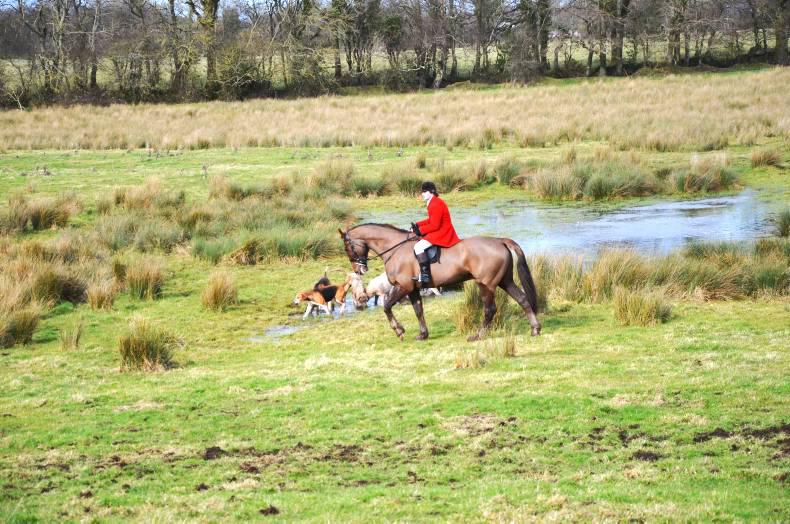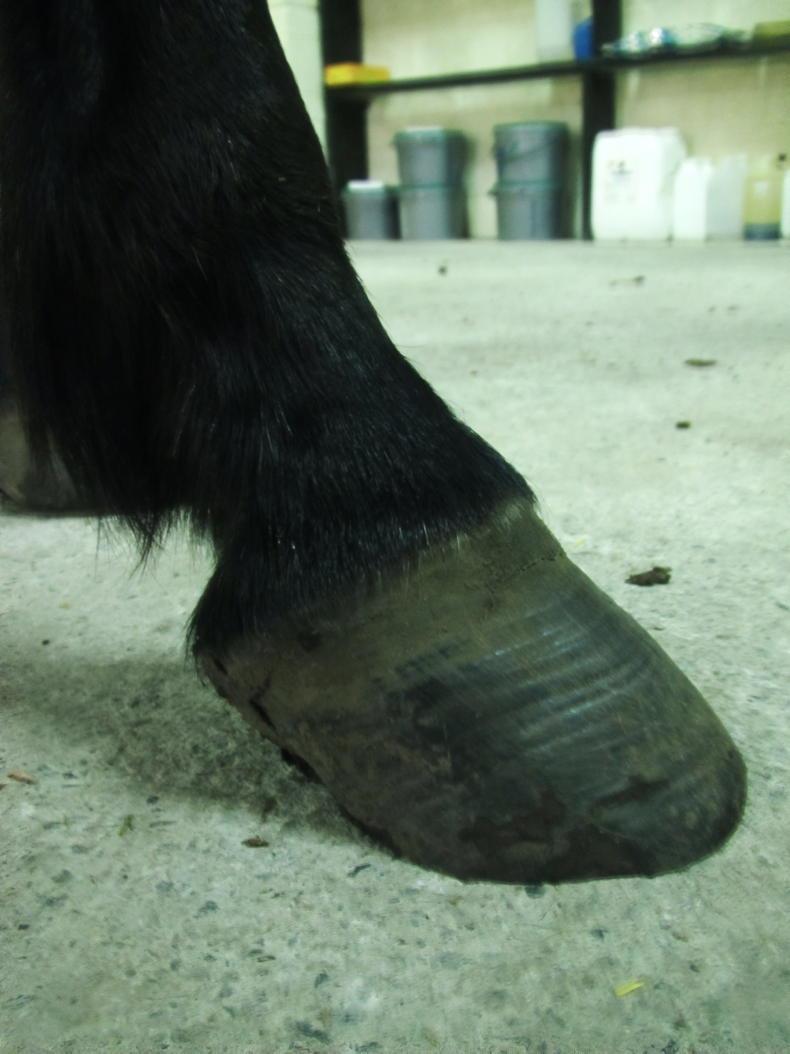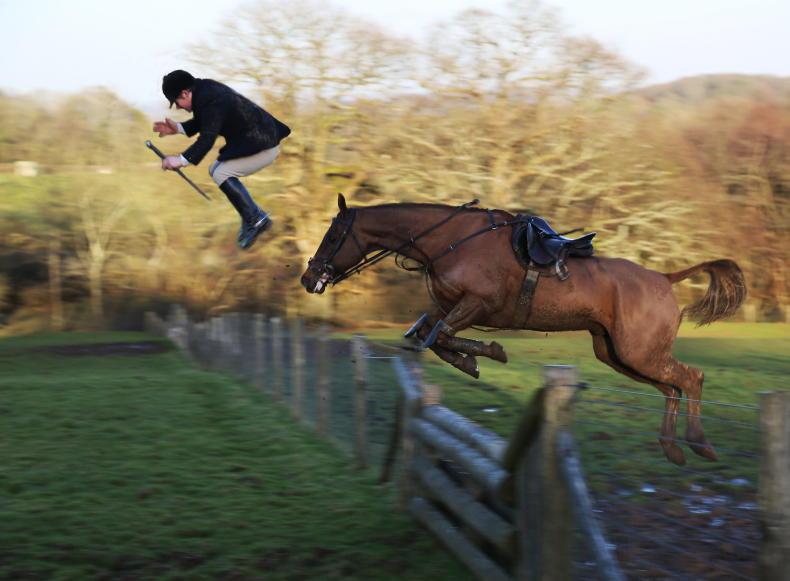SOME hunt to ride, others ride to hunt. Either way it is far more enjoyable having a good horse underneath you.
Often you find that a hunter is a potential show jumper or eventer that just hasn’t quite made the grade, but the true ‘made hunter’ is an equine rarity unto itself. It is fair to say that any breed of horse could and do hunt. However, my personal preference is for something with draft breeding somewhere in their pedigree because they are versatile and intelligent with an excellent temperament and willing nature.
Whatever the breed, good bone, feet, stamina, enough in front of you and temperament are paramount. Type can very much depend on one’s own preference and your country. For example, a bold jumping blood-type is ideal for open country or an athletic cob-type for trappy country.
For me, there are two types of hunter - one for the hunt staff or those who like to challenge themselves across the country; the other, a horse that will stand quietly to be mounted, shut a gate and queue patiently for an obstacle. These traits combined are sometimes far more valuable than a horse with any amount of ability and greatly depends on what you are looking for in an ideal day’s hunting.
The huntsman’s horse must stand at the meet surrounded by vehicles and people and then miraculously move-off and come to life. His horse must have the ability and bravery to take on anything in its path in order to follow the hounds, then, stand completely still on request to allow the huntsman concentrate on his hounds. A huntsman’s horse may also have to cover 15-20 miles in a day and often entirely independent of a companion horse.
WILLING TO LEARN
So where do you find this ‘made hunter’? Like any other discipline the horse has to be taught and must be the type that is going to willingly learn. Coming from Wexford, renowned for its single and double-bank country, I believe this is an ideal place to start a young hunter’s education.
As three-year-olds, my hunters will spend a week lunging over banks. Whilst one day that horse may end up in hedge country, a far cry from the narrow banks, what this early education has taught them is the most vital of all traits in a hunter, that of self-preservation.
I will then break the hunters and ride them until they progress to riding in a nice collected manner. A hunter’s way of going is very important and should not be overlooked during their initial training. This is because a prospective buyer may want to use them for another discipline and it is also a long day’s hunting on an uncomfortable horse.
Nowadays few have that essential time required for making a hunter. A young hunter needs to see a lot more than 30 minutes in an enclosed arena. He needs to spend plenty of time out steadily jumping across the country, both with and without company in order to learn how to wait patiently and to develop their own sense of independence.
QUIET INTRODUCTION
A young hunter’s introduction to hounds must be kept quiet and relaxed. This attitude should be maintained throughout their first season. It is important to consider that your young horse might and probably could keep up with the field master on a fast run but the next day out he will only think ‘gallop’ when he arrives to a hunt. Therefore it takes discipline and patience on your part during your horse’s initial days out hunting.
As in any sport some just won’t make the grade, generally due to the wrong temperament. However, with the right training and correct introduction to hunting most will go on to make nice hunters and do their job in a mannerly fashion, looking after themselves and their partner.
A very select few will have that extra something. Something you can’t teach because it is part of their natural instinct. If you are lucky enough to find yourself one of these, you have not only found yourself an ideal hunter but also a lifelong friend.
Michael Moran, Whipper-in for the Kildare foxhounds and producer of hunt horses and eventers.
READ MORE


 This is a subscriber-only article
This is a subscriber-only article
 It looks like you're browsing in private mode
It looks like you're browsing in private mode









SHARING OPTIONS: